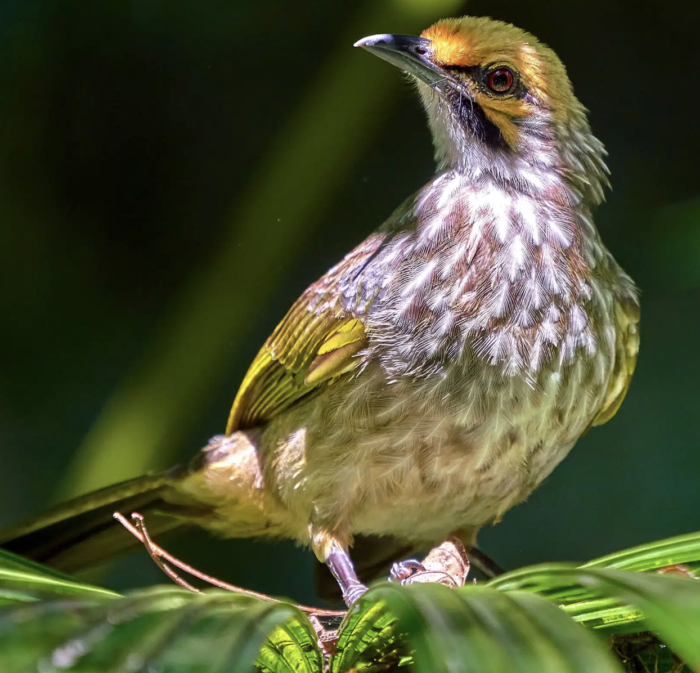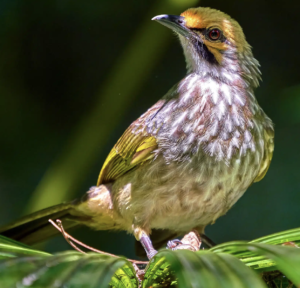This week, governments will descend on Panama City for another Conference of the Parties (CoP) to an international agreement, this time to take key decisions to make sure the international trade of animals and plants doesn’t threaten their survival. BirdLife will be in attendance to use our extensive knowledge and experience in conservation to help guide these decisions.
November is a busy month for international efforts to save the natural world. Taking on the baton from the Ramsar Convention on Wetlands, and as governments continue to negotiate solutions to curb climate change at the United Nations Framework Convention on Climate Change in Egypt, is the 19th Conference of the Parties, known more simply as CoP19, to the Convention on International Trade in Endangered Species of Wild Fauna and Flora (CITES). Here, governments will be making key decisions to ensure sustainability of the international wildlife trade – and BirdLife will be there to help guide these decisions.
What is CITES CoP19?
Now a multi-billion-dollar industry, the wildlife trade impacts an array of species: over a third of the world’s bird species are impacted by international trade, some traded as food, some as pets, while others have unique features highly sought after on international markets.
The trade in wildlife is now a key form of exploitation, which globally is the second greatest driver of extinction risk in birds, with only habitat loss pushing more species closer to the edge. Alongside this, controlling the trade of wild animals is also a vital component of preventing the devastating impacts of pandemics such as COVID-19. However, in some areas trade can be sustainable, and provides an important source of livelihood to rural communities. In these instances, sustainable trade can therefore help incentivise the protection of vital natural habitat.
Every few years, the world’s governments and other interested organisations, such as BirdLife, gather at the CITES CoP to discuss various aspects of the international wildlife trade. This year, CoP19 is being hosted by Panama, where governments and organisations will take various decisions, ranging fromregulating or banning the international trade in certain species to discussing broader aspects of the wildlife trade. Taken together, this will allow governments to review the progress of CITES and make further decisions to improve the effectiveness of the convention in ensuring international wildlife trade is sustainable.

